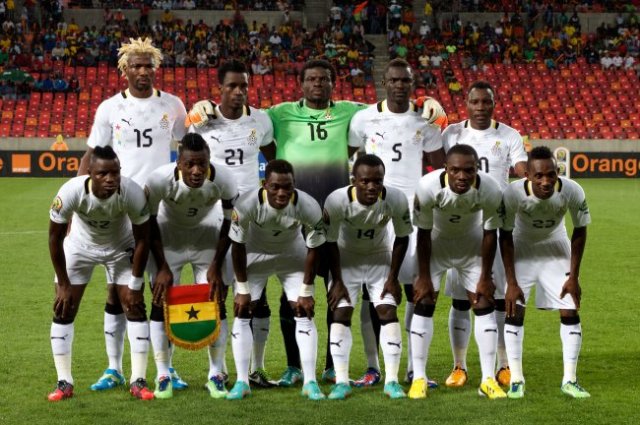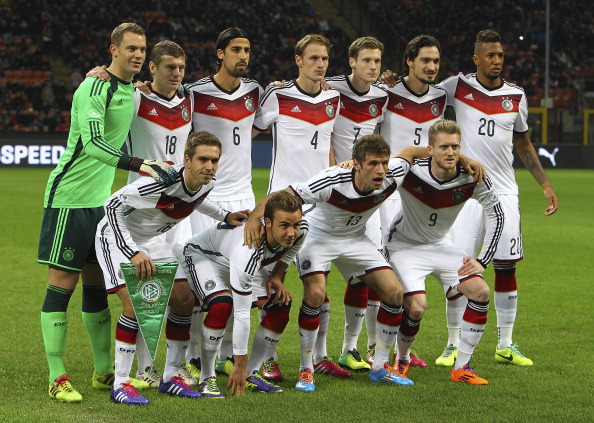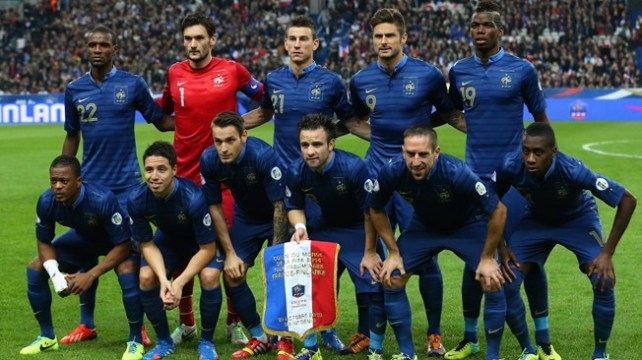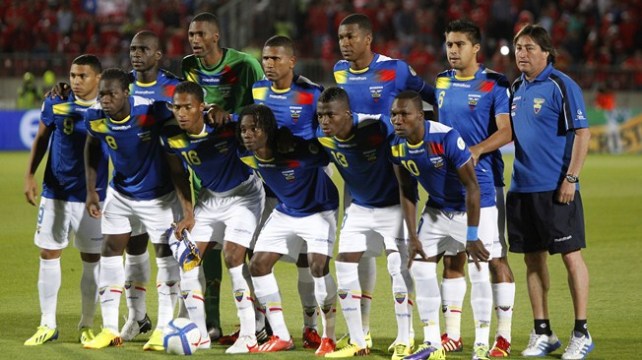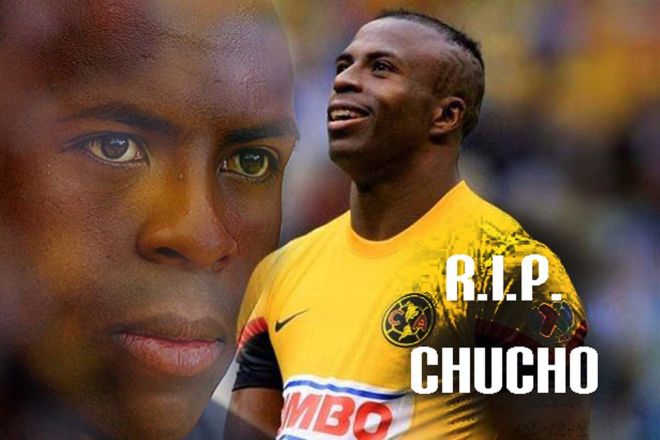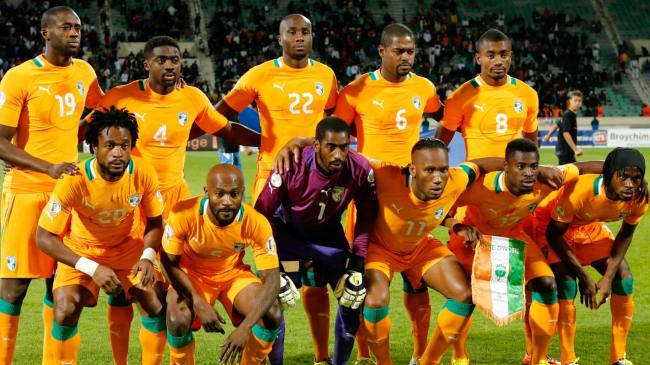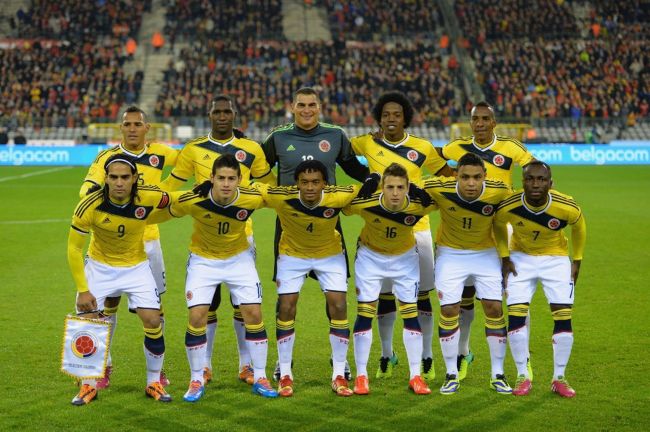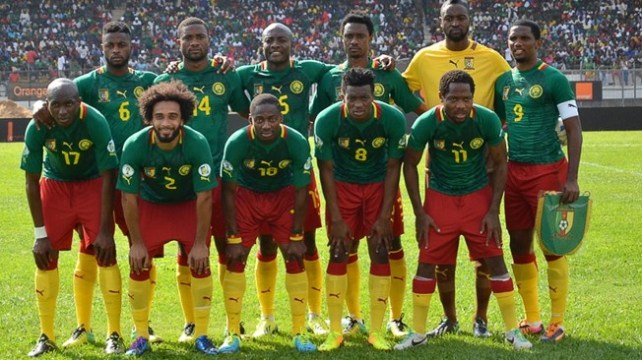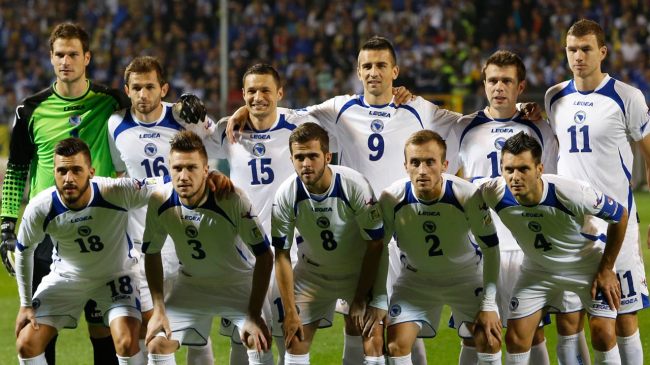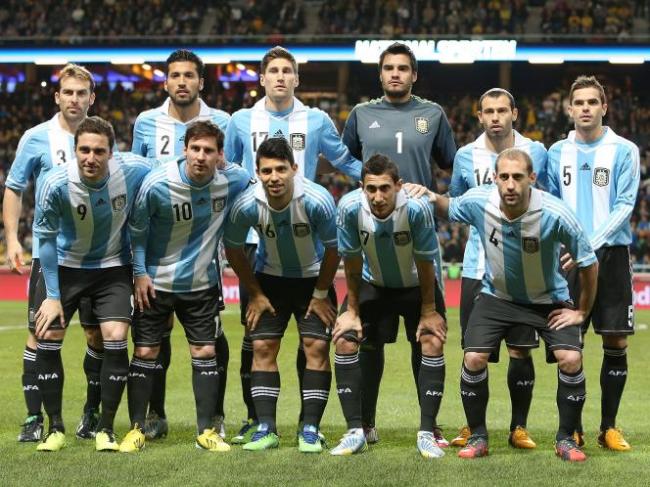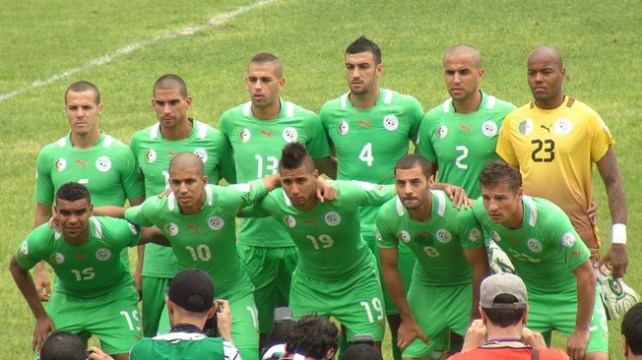About
Nickname(s): The Black Stars
Confederation: CAF (Africa)
Head Coach: James Kwesi Appiah
Captain: Asamoah Gyan
FIFA Ranking: 38
Best World Cup Finish: Quarter-Final (2010)
Notable Players: Michael Essien (AC Milan), Kevin-Prince Boateng (Schalke 04) Sulley Muntari (AC Milan)
Odds on lifting the cup: 200/1
The Country
Ghana is bordered by three other nations Côte d’Ivoire, Burkina Faso and Togo. The west African nation has a population of roughly 25.37 million. Ghana was colonized by the British Empire in 1902 and was the first ever African country to declare independence from European colonization. Ghana declared its independence on 6 March 1957 and it was that deceleration of independence that inspired other African nations to achieve their own independence. Ghana’s actions reached further a field as they influenced the Black-Pride movements in the United States. Ghana is one of the worlds largest producers of gold and diamonds. Ghanaian cuisine is diverse and varies from region to region, but usually includes soups, stews and various seafoods. Ghana ranks in the top 20% of the most peaceful countries in the world.
World Cup History
Ghana have made two FIFA World Cup appearances. Their first World Cup outing came in 2006 where they were the only African nation to make it out of the group stages. Wins over the Czech Republic and the United States set up a last 16 clash with then World Cup holders Brazil. Goals from Ronaldo, Adriano and Zé Roberto ensured Brazil a comfortable win, but Ghana left the tournament with heads held high. In South Africa 2010 Ghana were once again the only African nation to make it beyond the group stages. A 1-0 win over Serbia and a 1-1 draw with Australia was enough to see the Black Stars advance to the last 16 where an extra-time winner from Asamoah Gyan ensured progression at the expense of the United States. A quarter-final against Uruguay beckoned and it was to be a game shrouded in infamy. With the teams deadlocked at 1-1 in extra-time with penalties looming Ghana fired a free-kick into the box. After an initial scramble, a Dominic Adiyiah header looked to be heading into the back of the net only for Luis Suarez to block the shot with his hands. Suarez was sent off and Ghana received a penalty kick and the possibility of sending the Black Stars to an unprecedented World Cup semi-final and to a nation into ecstasy. Asamoah Gyan’s penalty crashed off the cross bar and Suarez’s handball had paid off, Uruguay went on to win on penalties 4-2.
The Manager
James Kwesi Appiah alson known as Akwasi Appiah or just James Appiah was born in Kumasi, Ashanti, Ghana. The 53-year-old played left-back for Asante Kotoko from 1983 to 1993. Appiah also made appearances for the Ghanaian national team between 1987 and 1992. The Kumasi native received formal technical training from the English clubs Manchester City and Liverpool FC. Appiah began duties as assistant coach of Ghana in 2007 and eventually became the head coach of the Ghanaian national team in April 2012. James Appiah was the first black African coach to take the country to a World Cup. Ghana had for so long been proponents of a 4-5-1 system, but Appiah figured in order to get the best out of his star striker, Asamoah Gyan, that a switch to a more traditional 4-4-2 was required. The 4-4-2 formation offers support for Gyan in the form of the pacey Abdul Majeed Waris, who’s direct running tends to pull defenders out of position allowing Gyan increased room to operate in. Whether Appiah persists with this system in Brazil remains to be seen, as a 4-5-1 offers increased defensive solidity which may be required against the likes of Portugal and Germany.
Qualification
Although qualification for Ghana was relatively straight forward, some obstacles were placed in their path. Drawn in Group D along with current Africa Cup of Nations holders Zambia, the Zambians would provide a genuine obstacle between Ghana and Brazil. Zambia would go on to beat Ghana 1-0 in the second match day of qualification. That loss to Chipollopollo would provide the only blemish on Ghana’s record. Emphatic 7-0 and 4-0 wins against Lesotho and Sudan respectively, followed by a revenge 2-1 win against Zambia at home ensured Ghana’s progression to the next and final stage of CAF qualification. Obstacle number two came in the form of seven time Africa Cup of Nations winners, Egypt. A home 6-1 win and an away 2-1 loss ensured the Black Stars a 7-3 aggregate win and a ticket to Brazil.
Key Player(s)
Asamoah Gyan is a genuine threat in front of goal and is still a relatively pacey player at the age of 28. Kevin-Prince Boateng is the teams play-maker and the centre of the Black Stars creativity. Boateng can pick an incisive pass and is capable of the spectacular. In order for Boateng to strut his stuff he needs defensive cover behind him, this is were Michael Essien is an essential cog in Appiah’s team. While arguably past his prime, Essien provides defensive solidity, a good eye for reading the game allowing him to break down opposition attacks. Sulley Muntari has partnered Essien in midfield for most of qualification but Appiah will most likely install a more youthful option to compliment Essien in the centre of the park and it will come in the guise of Mohammed Rabiu. Rabiu came into the Ghanaian team toward the end of qualification and proved his worth. Rabiu is Ghana’s enforcer and will run tirelessly for his team. He is the platform for which Ghana will build their attacks.
- Germany
- Portugal
- USA
- Ghana
